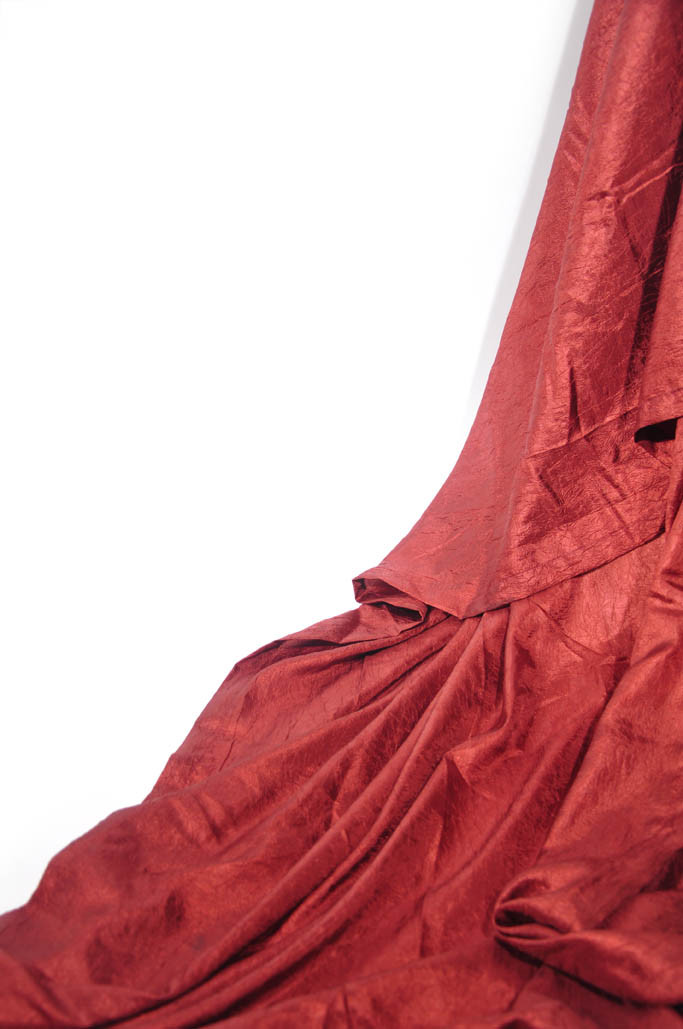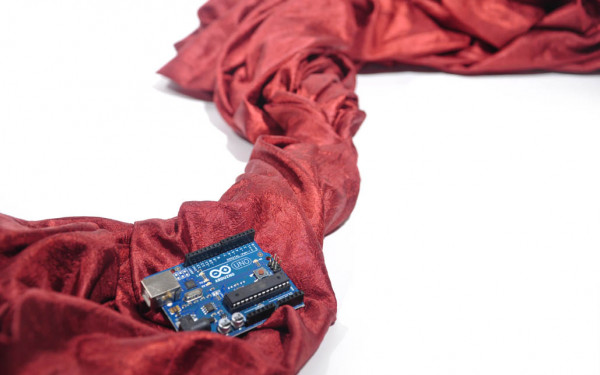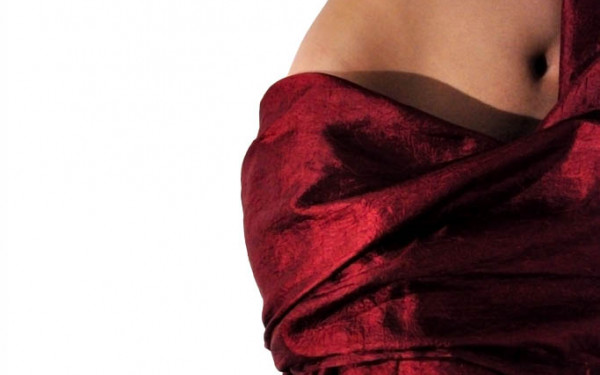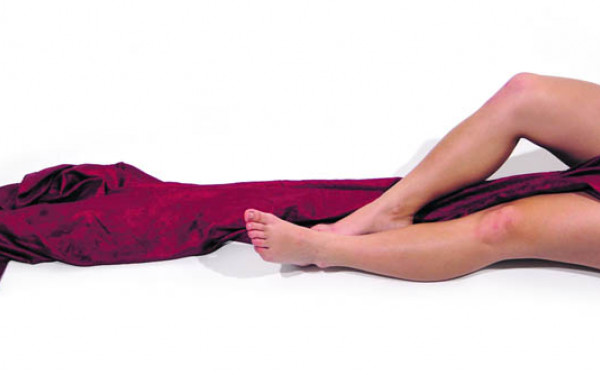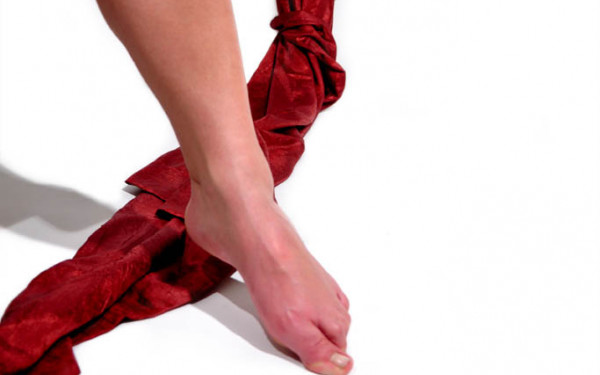Queen Meaning
How Drag Queens Advance Women’s Rights
Feminism, fundraising and drag came together March 3 for ¡Ecuador Por Favor!, an event at Cabaret Mado to raise money for the advancement of human rights—specifically those of women.
Cabaret Mado has been a crucial site of gender play and politics since they opened their doors in Montreal’s Gay Village in 2002. Playing an important role in advancing Montreal’s own brand of sexual revolution, the venue has made a name for itself. While opening up space for drag queens to express themselves and, as the fundraising night demonstrates—to give back to the community.
Alternatives Montreal, an international organization striving for sustainable, democratic, social and economic development, hosted the drag show to finance the creation of documentary films on women’s right in Ecuador, beginning in June.
Anouk Renaud, one of the Alternatives’ interns, said that the documentaries would be made in collaboration with the local youth, and that the films will concern women’s rights, specifically the integration of women into the workforce and equality within the family. The group also plans on leaving some topics “up in the air” to be developed from the volunteers’ experiences in Ecuador.
Renaud, who was a fan of the venue before it hosted Alternatives, said they chose to have their event at Cabaret Mado because the venue reserves Thursday nights for charity shows to support organizations such as hers. It is very accessible and easy, as the show is organized for them by the cabaret.
Throughout the performance, there were appearances from five professionals on the Montreal drag scene: Dream, Marla Deer, Peggy Sue, Sandra and Giséle Lullaby.
Proudly considering herself a feminist, Lullaby said she was happy to be performing for this specific cause. She said that women’s rights movement is far from over, as they “have not quite made it to the point where they should be today.”
Lullaby said she sees a connection between drag and women’s rights, explaining, “We represent the strong women, the beautiful women, the affirmed women and the women of all the sauces.”
Adding that the queens aim to represent many sides of women—particularly characterizing the powerful and provocative—, Lullaby said that drag artists explore characters who are strong-minded, [and] who speak out for themselves, as well as the “sexy Gucci girls” of the world.
Lullaby came on stage for her first performance baring more skin than she covered. Her choreography was nothing short of alluring and suggestive. At one point she even locked lips with an excited member of the audience, much to both of their delight.
Lullaby said she always loved to dance and perform. She began working with drag queens at Cabaret Mado five years ago, after graduating from dance school and working some professional gigs.
With some friends in the business, Lullaby made the leap into drag on her birthday three years ago—impressing her audience, most notably Mado La Motte, owner and founder of Cabaret Mado. With an encouraging push from the queen of the Montreal queens, Lullaby said she “threw [herself] out there, and, since then, it’s been going very well.”
Lullaby and other drag queens represent a growing group of what academics and feminist thinkers call “transfeminists”—social activists who have broadened the agenda of feminism to include transgendered and transsexual individuals.
This evolution, which incorporates queer theory, as well as feminism, represents an ever-evolving and expanding definition of sexuality and gender. Lullaby’s views fall into the transfeminist ideology.
“Women should not be completely independent, but equal,” she said, declaring her support for a style of feminism that is no longer exclusively about advancing women, but something that strives for equality and acceptance of all gender variants.
This article originally appeared in Volume 31, Issue 25, published March 8, 2011.

